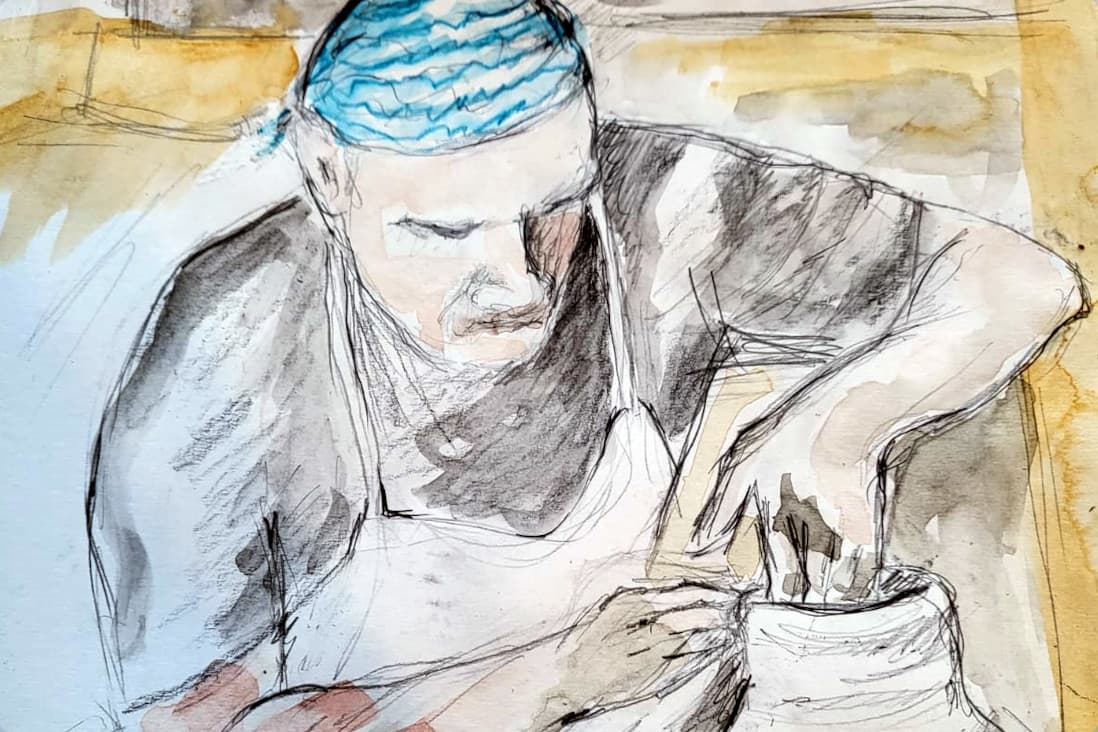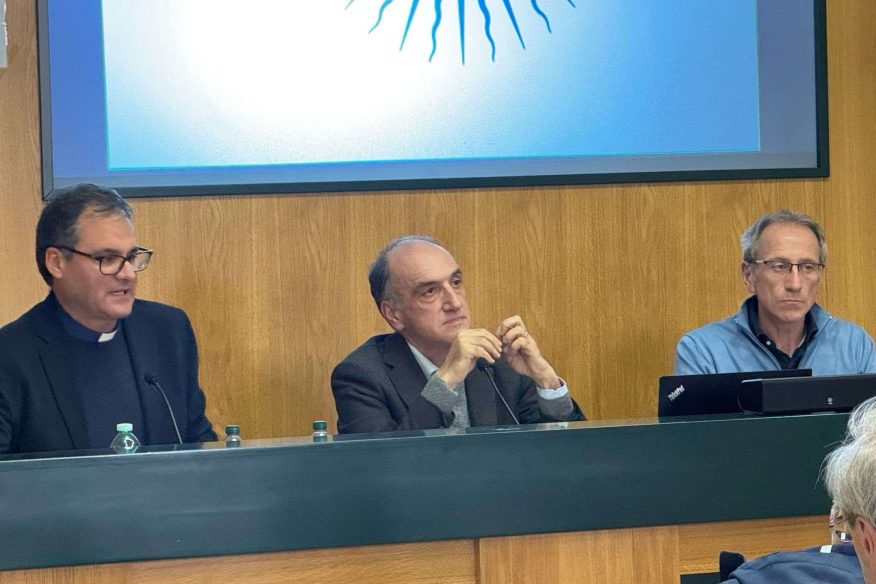Culture of reparation: conference and symposium at PFTIM Posillipo

These events will take place on 23 February and 3/4 March 2023 respectively. The Pontifical Theological Faculty of Southern Italy – Section San Luigi, is promoting a series of initiatives centred on the theme of reparation, in the spirit of Restorative justice.
“By reparation is meant any action aimed at recovering what has value in life, with particular attention to relationships,” Fr Emanuele Iula SJ, lecturer in Philosophy and contact person for the events explains. Adriana Faranda and Agnese Moro will give their contribution at the preparatory conference and Fr Guido Bertagna shall speak about the mediation process involving former brigade members and victims’ families, collected in the book “The Book of the Encounter”.
The idea of a justice capable of reparation, rather than retribution, was born in Canada in the late 1970s. It was from there that it spread to most of the Anglo-Saxon world within a few years. Reparation can be understood as a choral event in response to the criminal act, in which not only the state, but also and above all the community assumes the role of direct agent. In the classical paradigm, criminal justice saw itself in terms of the state taking charge of the crime.
The criminal justice model based on this assumption regarded the state as the first victim of the crime. It was therefore not the victims in the flesh, those who had been wronged, who received the first attention from the justice system, but the state and its laws. In order to think of restorative justice, it is first necessary to move away from this state-centric conception, giving the victim a different recognition, capable of restoring trust and security.
The novelty of restorative justice lies in its willingness to include new actors: besides the victim and the community, the offender is also given a different role. The latter is not only the one expected to carry out certain duties, but is also the recipient of an explicit action of reparation, which goes in the direction of reintegration into the community that he or she has damaged, doing everything possible to avoid leaving the field open to sterile stigmatisation mechanisms.
The proposal of the conference will be to further open our vision of reparation towards a practice that is not restricted to the juridical sphere, but becomes a shared sensibility that pays particular attention to those wounds that do not find their direct interlocutor in justice.
